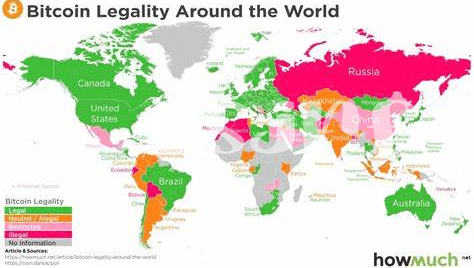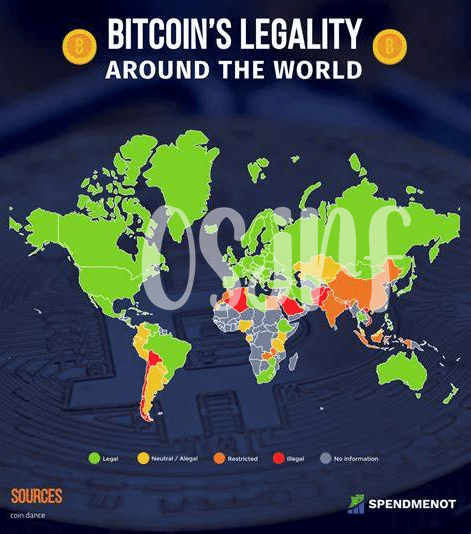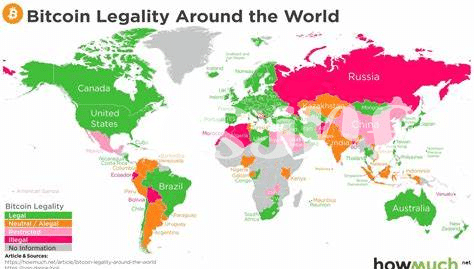Regulatory Landscape 📜

In Nigeria, the regulatory landscape surrounding Bitcoin users remains a subject of active development. The government has shown a growing interest in understanding and potentially regulating the use of cryptocurrencies like Bitcoin. This evolving landscape presents both opportunities and challenges for users, as clarity on regulatory requirements can offer reassurance while uncertainty may lead to caution in adoption. It’s crucial for Bitcoin users in Nigeria to stay informed about any new regulations that could impact their activities to navigate this dynamic environment effectively.
Security Concerns 🔒
When it comes to using Bitcoin in Nigeria, individuals need to be mindful of potential security concerns. The decentralized nature of cryptocurrencies can make them vulnerable to hacking and scams. Users should take steps to secure their digital wallets, use reputable exchanges, and be cautious of phishing attempts. Implementing strong passwords, enabling two-factor authentication, and staying informed about the latest security practices are essential to safeguarding one’s Bitcoin holdings. By being proactive in addressing security risks, users can mitigate potential threats and ensure a safer experience in the cryptocurrency space.
Tax Implications 💸

From ensuring proper documentation of transactions to understanding the tax implications of capital gains, Bitcoin users in Nigeria face a complex landscape when it comes to taxes. The lack of clear guidelines from regulatory bodies adds to the uncertainty. While some may view cryptocurrencies as a means to avoid traditional tax systems, it’s essential to stay informed about reporting requirements. Failure to comply could result in fines or legal repercussions. Seeking advice from tax professionals familiar with digital assets can help navigate this evolving aspect of financial regulation. Understanding one’s tax obligations is crucial for responsible and compliant use of Bitcoin in Nigeria.
Scam Awareness 🚫

Scammers are prevalent in the cryptocurrency space, preying on unsuspecting users. It’s essential for Bitcoin users in Nigeria to stay vigilant and be wary of any schemes promising quick returns or requesting personal information. Education and awareness are crucial in protecting oneself from falling victim to these scams. By staying informed and cautious, individuals can minimize the risk of losing their hard-earned funds to fraudulent activities. Stay alert and always verify the legitimacy of any offers or opportunities in the Bitcoin market.
Is Bitcoin legal in Netherlands?
Legal Recourse ⚖️
When faced with legal issues related to Bitcoin in Nigeria, individuals have several avenues for seeking resolution. Understanding the regulatory framework and seeking guidance from legal experts can provide clarity on legal recourse options available. In the event of disputes or fraudulent activities, users can explore legal channels such as reporting to relevant authorities, engaging in dispute resolution mechanisms, or seeking assistance through legal processes. Staying informed about legal developments and proactive in addressing potential legal challenges can help protect the rights and interests of Bitcoin users in Nigeria.
Future Outlook 🔮

In Nigeria, the future outlook for Bitcoin users points towards a growing regulatory framework that aims to balance innovation with consumer protection. As the digital currency continues to gain mainstream acceptance, there is a pressing need for clear guidelines to address potential risks and opportunities. This evolving landscape underscores the importance of staying informed and proactive in navigating the legal intricacies surrounding Bitcoin transactions. Looking ahead, advancements in technology and regulatory clarity are expected to shape the trajectory of Bitcoin adoption in Nigeria and pave the way for a more secure and transparent financial ecosystem.
Is Bitcoin Legal in New Zealand?
